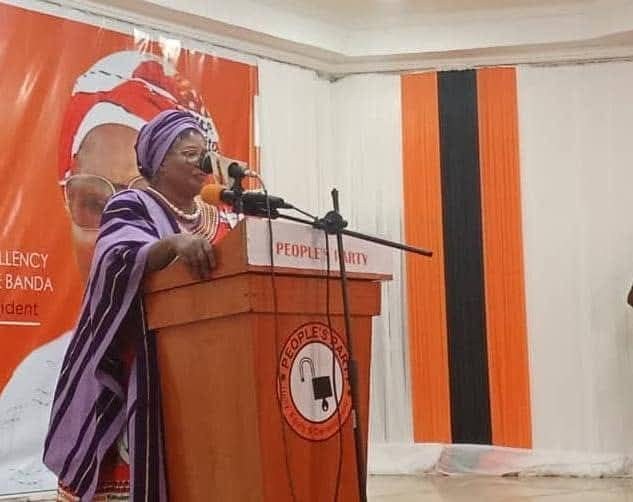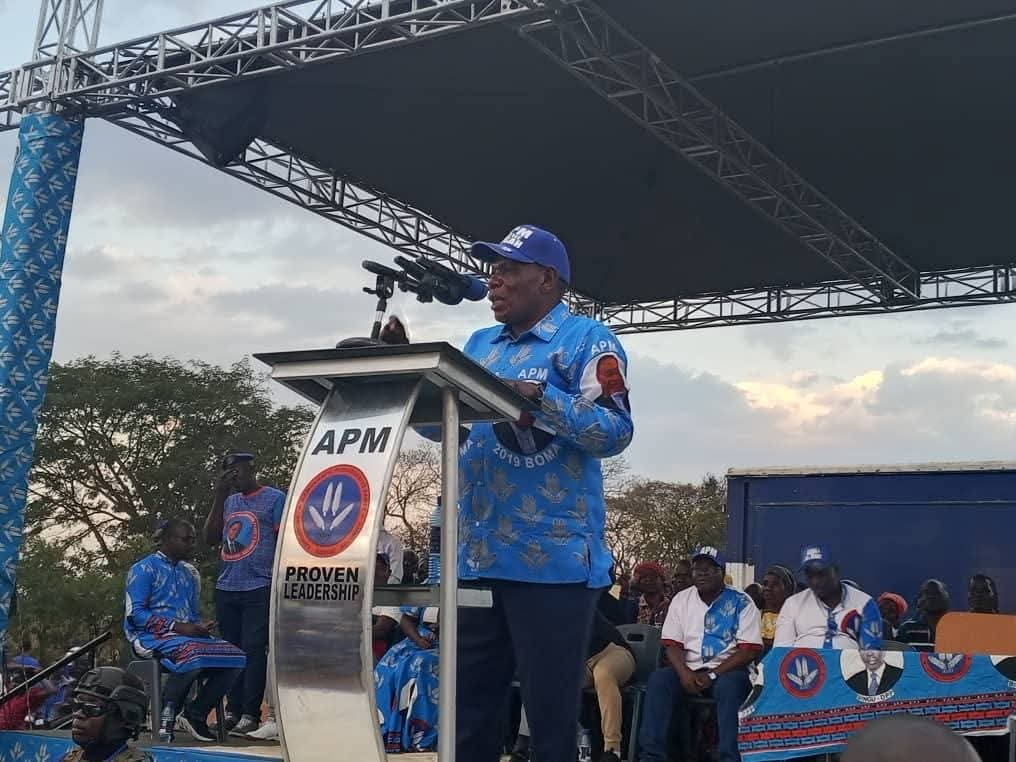By Burnett Munthali
In 1988, the world of football witnessed a moment of brilliance that still resonates with those fortunate enough to have experienced it. The Zambian national football team, famously known as the KK11, delivered a performance of sheer dominance, defeating European football giants Italy 4-0 during the Seoul Olympic Games. This monumental victory not only showcased Zambia’s footballing prowess but also sent a powerful message: Africa had arrived on the global football stage.
Italy came into the tournament as heavy favorites, boasting a squad filled with seasoned professionals and high expectations. Zambia, on the other hand, was viewed as an underdog—a team from a continent that had yet to fully gain recognition in the football world.
What unfolded on that fateful day was nothing short of extraordinary. Zambia played with passion, flair, and a tactical sharpness that left their Italian counterparts stunned. The KK11, named in honor of then-President Kenneth Kaunda, put on a performance that not only silenced doubters but also captivated football fans worldwide.
Kalusha Bwalya, Zambia’s talismanic forward and one of Africa’s greatest footballers, was the architect of this historic victory. He scored a remarkable hat-trick, with his goals epitomizing precision and class. The fourth goal, a masterstroke from Jonson Bwalya, sealed what remains one of the most iconic upsets in football history.
This victory was more than just a win; it was a defining moment for Zambian football. It proved that African teams could compete with and defeat the best in the world. The KK11 became a source of national pride and a symbol of hope for many young footballers aspiring to follow in their footsteps.
However, despite its significance, the match remains shrouded in obscurity. Video footage of this historic game is hard to come by, and many believe it’s an intentional oversight by those who would rather the world forget the moment an African team humbled one of Europe’s finest.
The scarcity of footage and acknowledgment of this game has fueled speculation among football enthusiasts. Some argue that the European football establishment has intentionally suppressed this piece of history, unwilling to highlight a moment that challenged the narrative of European football superiority.
This omission denies the younger generation, especially those born after the 1990s, the chance to witness one of Africa’s greatest football achievements. The lack of visibility has also prevented the game from receiving the celebration it deserves, both in Africa and globally.
Though the KK11 is no more, their legacy continues to inspire Zambia’s current generation of footballers. The spirit of the 1988 team was most profoundly evident in 2012 when the Chipolopolo lifted the Africa Cup of Nations. The victory was a tribute to the team that had tragically perished in the 1993 Gabon air disaster and a reaffirmation of Zambia’s place in African football history.
While the footage may be scarce, the memory of Zambia’s triumph over Italy lives on in the hearts of those who witnessed it. It’s a reminder of the talent, determination, and heart that African teams bring to the game.
As Zambians and football fans, it’s our duty to share this story and ensure that the younger generation knows what the KK11 achieved. This was more than just a football match; it was a statement to the world that African football could compete at the highest level.
We were there. We saw it. And we’ll never forget.
The 1988 victory over Italy remains one of Zambia’s proudest moments. It’s a story of underdogs defying the odds, of a team that dared to dream and succeeded. As we look to the future, let us honor the KK11 by keeping their legacy alive and sharing their story with the world.
Because history, no matter how hard some may try to bury it, always finds a way to shine.


